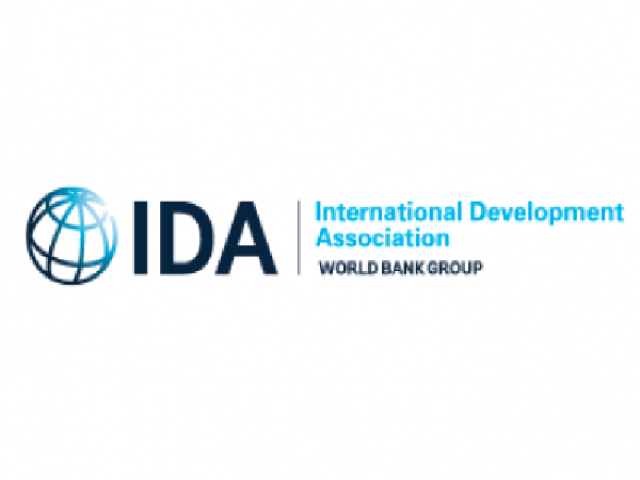Nigerians without access to energy are set to benefit from a $750 million International Development Association (IDA) credit being deployed to finance a World Bank approved Nigeria Distributed Access through Renewable Energy Scale-up (DARES) project.
The project, which is aimed at providing energy access to Nigerians in rural communities.
The Managing Director and Chief Executive Officer of the Rural Electrification Agency (REA), Abba Aliyu, who made this known in Lagos on Wednesday, said this would further boost the Agency’s effort in efficiently sustaining off-grid deployment aimed at reducing the yawning gap in supply to the rural and sub urban areas of the country.
Aliyu, who spoke ahead of the Alliance for Rural Electrification (ARE) Energy Access Investment Forum (EAIF) which kicked off yesterday in Lagos, said the DARES project will use innovative financing solutions to scale up private sector-led clean electricity provision in the country.
The Head of Section, Green and Digital Economy at European Union (EU) Delegation to Nigeria and ECOWAS, Inga Stefanowicz, said about 95 million Nigerians lacked access to electricity, while businesses and households with access to the national grid have faced unreliable and insufficient supply.
This gap, he noted, is often filled with power from petrol and diesel-run generator sets that are costly and highly polluting to people and the environment.
To mitigate this, Stefanowicz said the Union has provided support in Nigeria’s renewable energy market, which aims to provide energy efficiency for industries, building and appliances, policy, regulatory and institutional framework support.
The Minister of Power, Adebayo Adelabu, who was represented at the EAIF by the Chief Technical Adviser, Federal Ministry of Power, Adetayo Olowoniyi, noted that the country’s intervention capacity would not be adequate to provide electricity to that such large population.
“We believe that for us to actually electrify and bring 95 million Nigerians into energy access, this type of funding is not the only way to fund this programme. There have to be commercially viable mini-grid investments. We need to ensure there is a scale-up to ensure a certain level of derisking within organisations to be able to drive these projects themselves and create organisations that are capable of delivering these types of services without grant funding.
Still, ARE, an international business association that promotes a sustainable decentralised renewable energy industry for the 21st century, noted that power deficit affects households, businesses, and key public buildings, such as hospitals, with estimates that 40 per cent of primary health centres which mainly serve rural areas, lack enough power to conduct standard operation procedures.
According to ARE, about 85 million Nigerians, or 45 per cent of the population, still lack access to the electricity grid, hence, the EAIF initiative which is focused on fostering investor’s partnership for sustainable electricity supply in Nigeria.




















